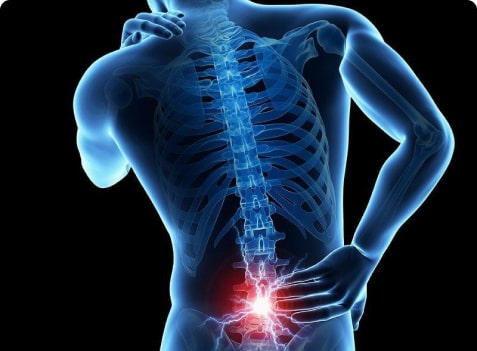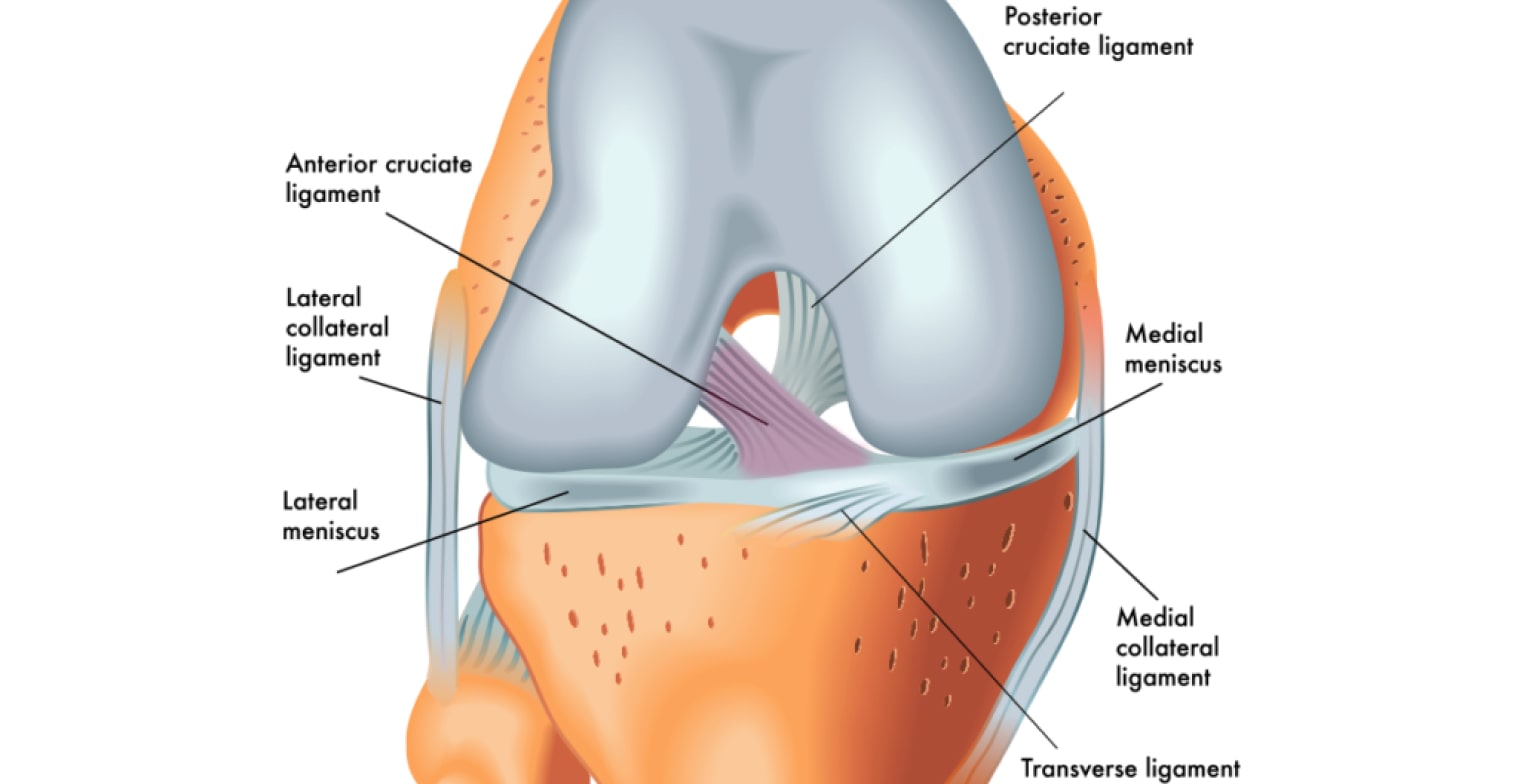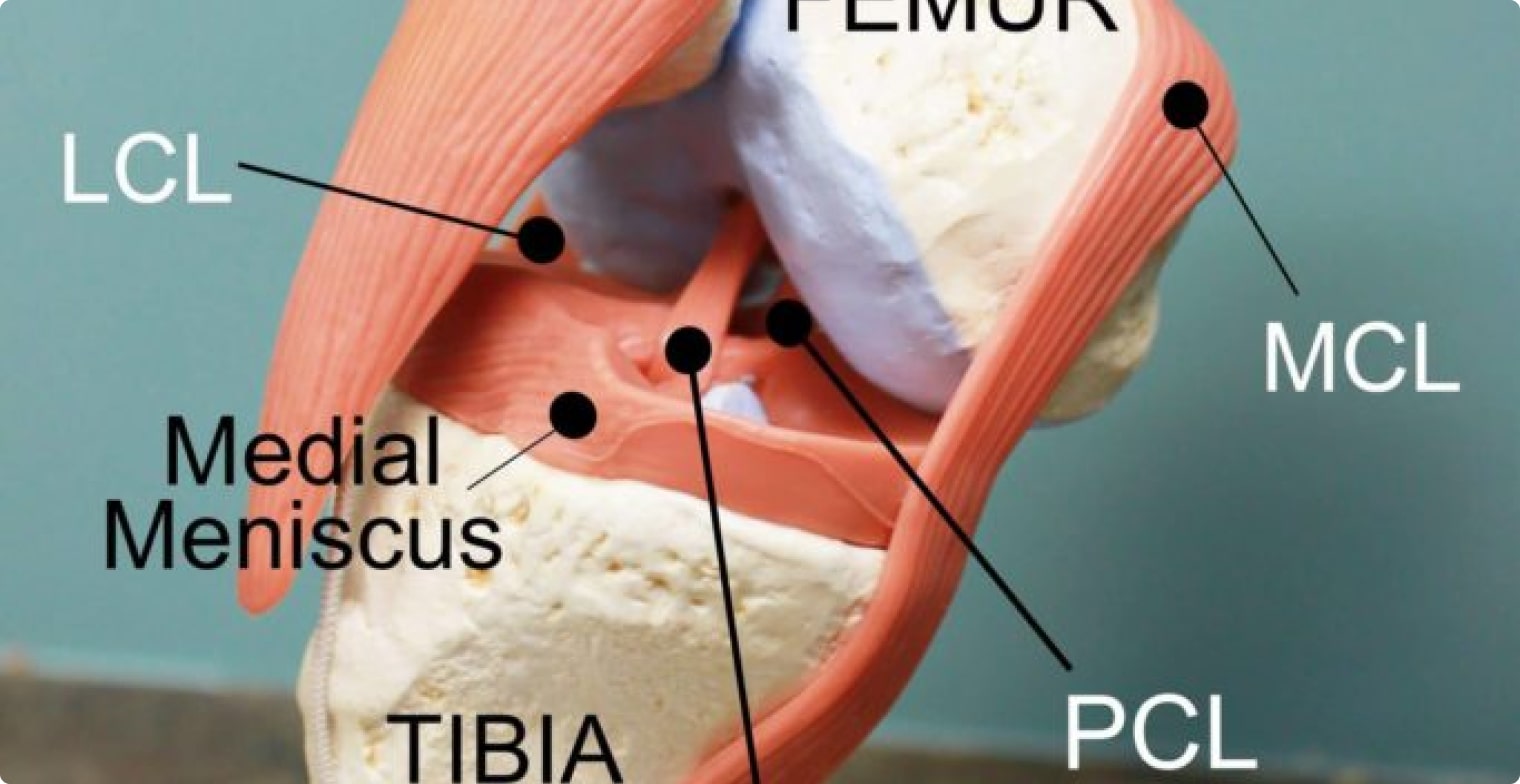
How to Treat Low Back Pain After You’ve Had Back Surgery
Whether resulting from injury, illness, or just normal wear-and-tear, lower back pain is experienced by millions of




Whether resulting from injury, illness, or just normal wear-and-tear, lower back pain is experienced by millions of

Traditionally used as a sedative or anesthesia, the medication . Ketamine has recently become a prospective treatment

Are you experiencing constant, severe pain in your neck and finding no relief from traditional treatments? Unfortunately,
FULTON MARKET: 312 N May Street, Suite 110, Chicago, IL 60607 (Call for Parking Options)
HOFFMAN ESTATES: 3100 W. Higgins Rd, Suite 150, Hoffman Estates, IL 60169
Primary Phone: (312) 757-4647
New Patients: 312-690-5689
TINLEY PARK: 7543 183RD Street
Tinley Park, IL 60477
© Copyright 2023 Metropolitan Institute of Pain | Sitemap | All rights reserved.